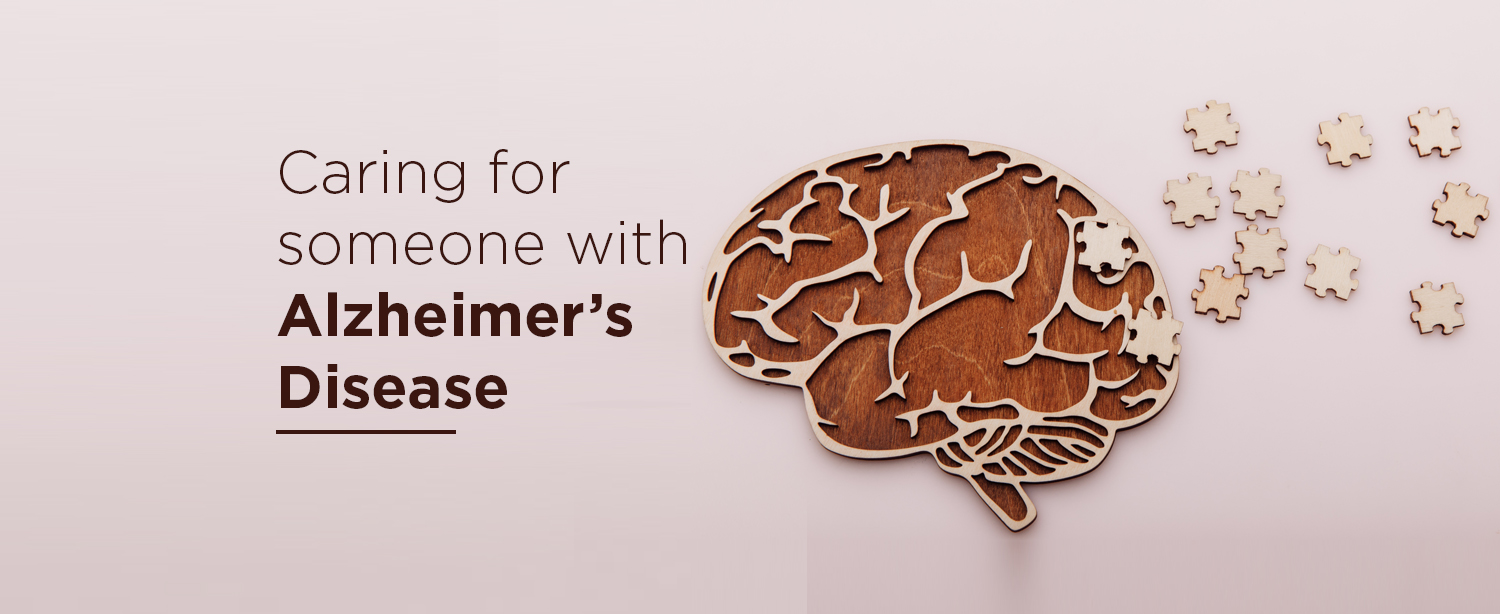Alzheimer’s disease is a brain disorder that slowly destroys memory and thinking skills as well as the ability to carry out the simplest tasks. Symptoms of this condition typically begin to show in the majority of patients in their mid-60s. Early-onset Alzheimer’s occurs between a person’s 30s and mid-60s and is very rare. Alzheimer’s disease is the most common cause of dementia among older adults.
A research from the Alzheimer’s and Related Disorders Society of India (ARDSI) from 2020 estimates that over 50 lakh Indians over 60 have dementia. India’s burden would be much higher due to unawareness about the condition, under reporting and lack of diagnosis. Early diagnosis and treatment allows patients suffering from Alzheimer’s disease to maintain the highest levels of cognitive and functional ability possible.
Signs of Alzheimer’s disease
As Alzheimer’s disease is a progressive illness, the signs and symptoms appear gradually over a long period of time and then worsen. Multiple brain functions are impacted due to this condition. In most cases, mild memory issues are the initial indication of Alzheimer’s disease which get severe as the illness worsens. The additional symptoms include:
- Confusion, disorientation and getting lost in familiar places
- Difficulty making decisions
- Problems with speech and language
- Personality changes, such as becoming aggressive, demanding or suspicious
- Problems moving around without assistance
- Hallucinations and delusions
- Low mood or anxiety
Caring for someone with Alzheimer’s disease
People with Alzheimer’s disease and related dementias are usually cared for by family members, friends or trained medical assistants. Here are some expert recommended tips to assist caregivers:
- Help make communication easier
How you talk to the patient can make a great difference to his/ her response towards your care and your overall rapport. Good communication skills can give the patient a chance to participate in conversations and activities easily. Here are some strategies to make communication easier:- Maintain eye contact and smile
- Address the patient by name
- Use a relaxed body language
- Speak with a soft, calming voice
- Help them eat a nutritious diet
Eat a variety of foods, especially fruits and vegetables, whole grains, lean protein, and low-fat dairy. Limit intake of salt, sugar, processed and junk foods. - Boost their self-esteem
Looking and feeling good can help alleviate some of the anxiety Alzheimer’s causes in patients. Make sure your patient has all the assistance they need to look their best. - Ensure the patient’s safety
Is your house safe for your patient? Many everyday situations can make a person with Alzheimer’s feel unsafe or put them in actual danger. Follow these safety tips:- Place carpet or grip strips on stairs
- Place covers over electrical outlets
- Remove small rugs
- Remove loose wires
- Place handrails and mats in the shower
- Plan right
Schedule social gatherings and visitors for when your loved one is most capable of handling them. Too much stimulation or activity at the wrong time of day can be overwhelming for the patient. - Set a daily routine
A daily routine and Alzheimer’s care go hand in hand, benefiting patients and caregivers alike. Whether it is going for a midday walk, solving puzzles, talking to loved ones or pursuing a hobby provide patients with a sense of comfort and control over their lives and help them stay mentally and physically active. - Be patient
Over time, a person with dementia will become more dependent. It is essential for the caregiver to be very patient and flexible and adapt your patient’s routine and expectations as needed.
Alzheimer’s care at Kokilaben Dhirubhai Ambani Hospital
Concerned about a loved one who has recently been diagnosed with Alzheimer’s disease? Consult highly trained and experienced neurologists and therapists at our Centre for Neurosciences. We undertake diagnostic tests, evaluation, neurology consultation, physical and cognitive rehabilitation, and psychotherapy to help manage this condition better. We are committed to provide world-class Alzheimer’s care and help make a positive difference in the patient’s life. Please visit our website for more details: https://www.kokilabenhospital.com/departments/centresofexcellence/centrefor_neurosciences.html


